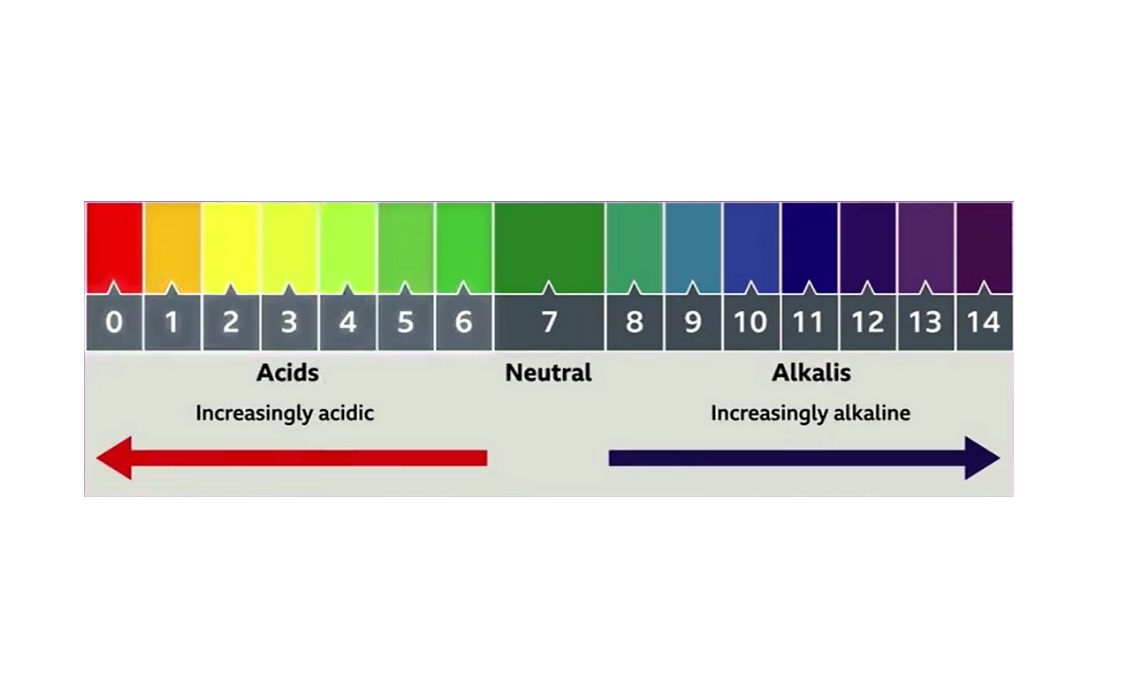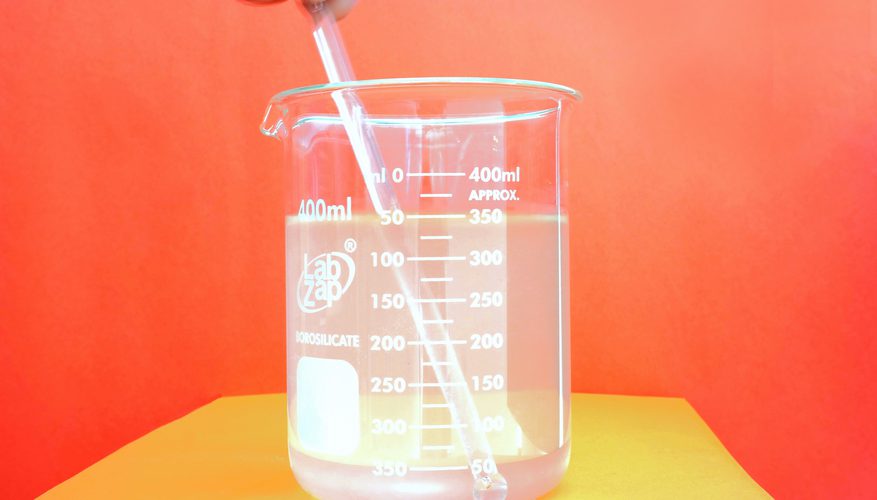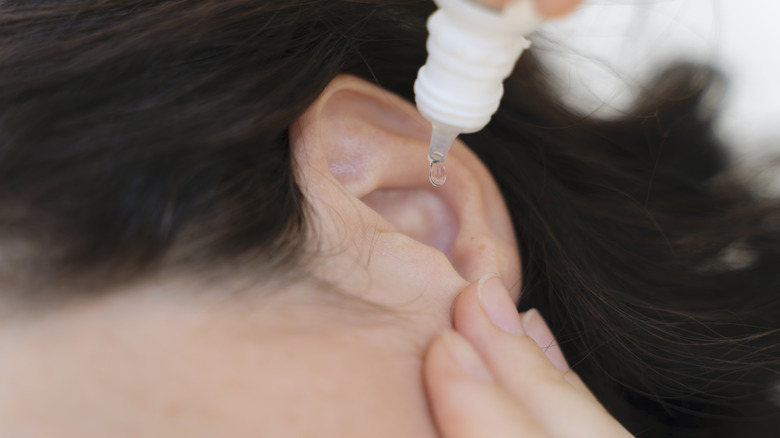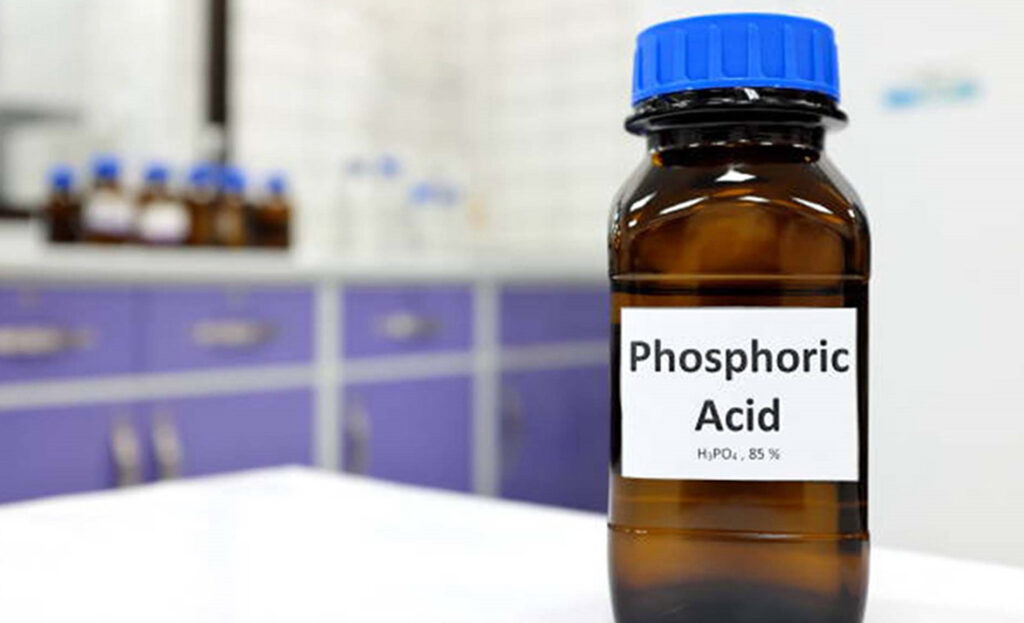Is sodium hydroxide a pH of 14? Yes, sodium hydroxide, also known as lye or caustic soda, has a pH level close to 14, making it a strong base. This article explains why sodium hydroxide is classified as such a strong alkaline substance and discusses its properties, common uses, and safety measures. Understanding sodium hydroxide’s […]
The atomic number is a unique identifier for each chemical element, indicating the number of protons in its nucleus. So, what is the atomic number of Na2CO3? Understanding this compound’s atomic composition and the atomic numbers of each of its elements provides insight into its characteristics and role in various applications. Na2CO3, commonly known as […]
Phosphoric acid is a common ingredient in many soft drinks, particularly colas. While it adds flavor and acts as a preservative, many consumers are beginning to ask, “What are the side effects of phosphoric acid in drinks?” Understanding these side effects is crucial for those who regularly consume beverages containing this ingredient. In this article, […]
Hydrogen peroxide is a common household product that can be used for various purposes, including oral hygiene. However, it’s crucial to understand how much should I dilute hydrogen peroxide for mouthwash to ensure safety and effectiveness. In this article, we’ll explore the appropriate dilution methods, benefits, and safety considerations associated with using hydrogen peroxide as […]
Formaldehyde is a colorless gas with a strong, pungent smell often associated with new construction, furniture, and some household products. One common question that arises is, “How long does formaldehyde smell last?” The duration of this odor can vary based on several factors, including the source of the formaldehyde, the environment, and the measures taken […]
Is calcium carbonate soluble in water? This question often arises in chemistry and environmental science discussions. Calcium carbonate (CaCO₃) is a common compound found in various forms, such as chalk, limestone, and marble. While many people are familiar with its uses in everyday life, understanding its solubility in water can help clarify its applications and […]
Is acetic acid safe for ears? This question is crucial for many individuals seeking relief from ear infections or discomfort. Acetic acid, a colorless liquid that gives vinegar its sour taste, has antiseptic properties that can be beneficial in certain medical contexts. However, understanding its safety for ear use is essential to avoid any adverse […]
Sodium hydroxide, often referred to as lye or caustic soda, is a highly corrosive chemical commonly used in various industries, including manufacturing, cleaning, and food processing. However, a pressing question arises: what does sodium hydroxide do to skin? Understanding the effects of sodium hydroxide on skin is crucial for safety and health, especially for those […]
Sodium carbonate, commonly known as soda ash or washing soda, is a versatile compound used in various home applications. What is the home use for sodium carbonate? This article will explore the many benefits and uses of sodium carbonate in household settings. From cleaning to laundry and even gardening, this powerful substance can simplify tasks […]
Phosphoric acid, a vital chemical compound used in various industries, has the formula H₃PO₄. Understanding this formula is essential for anyone studying chemistry, biology, or even agricultural sciences. In this article, we will explore the properties, uses, and significance of phosphoric acid, along with its molecular structure and production methods. Understanding the Structure of Phosphoric […]










